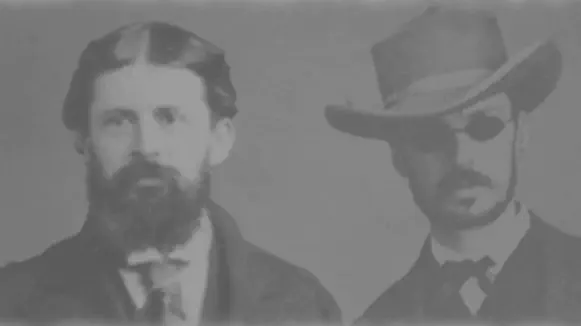Religious Belief as Vague Hypothesis: A Classical Pragmatist Account

Abstract
Modern atheists often defend their position on the grounds of global experimentalism. This is the view that only beliefs which can be treated as empirically testable hypotheses can be epistemologically justified. The atheist then suggests that, if they are to be justified, beliefs in God and other religious beliefs must produce predictions of certain definite and observable phenomena. Finding that these phenomena are not, in fact, observed, the atheist concludes that the hypotheses in question fail. One reply available to the religious believer is to deny that experimentalism can be applied to the religious context, thereby insulating religious belief from atheist criticism. However, as well as having problems of its own, this response tends to produce an unhelpful stalemate between the two positions. This paper makes an original contribution to the debate by drawing on the work of the American pragmatists, Charles Peirce and William James. Like the atheist, these pragmatists are global experimentalists and apply their experimentalism to religious beliefs. Nonetheless, they do not believe that this results in the automatic rejection of religious hypotheses, and in fact they combine experimentalism with a defence of certain religious claims, notably theism. We argue that this unique position results from the fact that the pragmatists understand some religious hypotheses as necessarily vague. In the first section of the paper we draw from Peirce and James to present an account of God as a vague hypothesis. We draw from Peirce to present a developed account of vagueness and turn to James to see how the notion of vague hypotheses can be applied in a religious context. Religious beliefs such as theism are hypotheses in the sense that they are testable claims about the world which are subject to revision or alteration in the face of experience. They are vague in the sense that they leave the details of these hypotheses undetermined. Though the pragmatist experimentalist holds that determinate expressions of religious hypotheses can be disproved, they argue that disproving a determinate version of a religious hypothesis does not automatically disprove the vaguer form of the hypothesis. The second section presents a defence of this view from two plausible concerns: that vague beliefs are not empirically testable(and so not hypotheses), and that determinate hypotheses are the only sort of hypothesis which are epistemically respectable. We consider three different strategies for testing vague hypotheses which the pragmatists offer: proving and disproving determinate versions of vague hypotheses; direct empirical experience of the truth or falsity of vague hypotheses; and the role such hypotheses play in our on-going practices. We then present the pragmatist argument that any conception of the world, and so any scientific inquiry, must appeal to certain vague hypotheses. Any highly detailed notion of ‘the physical’, for instance, is likely to be disproved by future inquiry, whilst a vaguer notion remains vital for the natural sciences. As such, the paper concludes that the pragmatist position on vague hypotheses offers a plausible counter to the atheist criticisms of theism, without abandoning global experimentalism. Co-author: Neil W. Williams